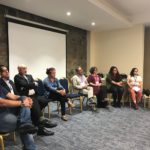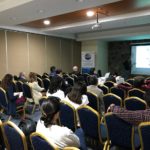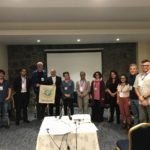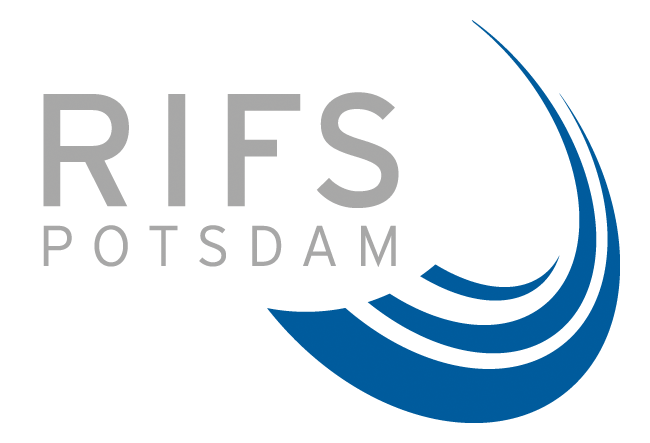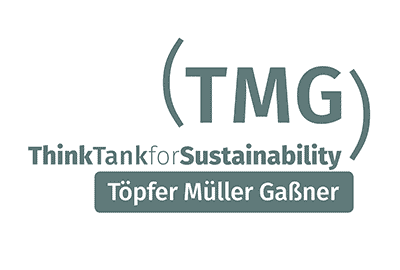From the 27th to the 31st of May 2019, the XXXIX Congress of Marine Sciences was held in Iquique, Chile. This congress is held every year in different parts of the country, and is the one event in Chile, which brings together the largest number of scientists working on marine sciences.
On the first day of the Congress, the ESMOI (Ecology and Sustainable Management of Oceanic Islands) group of the Universidad Católica del Norte in Coquimbo, Chile organized a symposium within the framework of the STRONG High Seas project to discuss various topics related to marine areas beyond national jurisdiction (ABNJ).
The day began in the morning with a presentation on the scope of the STRONG High Seas project and oceanographic aspects of importance to assist in the negotiations on the conservation and sustainable use of biodiversity in ABNJ that currently take place at the United Nations in New York. Further topics such as marine litter, the potential role of citizen science in monitoring threats, the conservation status of seabirds in the southeastern Pacific, benthic biodiversity, effects of fish exploitation and fish biodiversity in the region were addressed. With regard to fishing, the discussion particularly focused on how counter illegal, unreported and unregulated (IUU) fishing through a Consolidated List of Authorized Vessels (CLAV) by the different fishing organizations operating in the region.
With regard to political and governance issues in ABNJ, the role of the International Seabed Authority (ISA) for the management of mineral and biological resources was presented. In addition, the development of an operational ecosystem definition for deep oceanic waters of the South Pacific Ocean was discussed as a tool to relate science and policy associated with ABNJ. Interestingly, the event was not only attended by scientists, but also by government representatives. Especially noted was the participation of representatives from the Chilean Ministry of Foreign Affairs and the Chilean Ministry of the Environment, who spoke about Chile’s Foreign Policy in relation to the oceans and the main results of the IPBES global assessment on biodiversity and ecosystem services.
The morning’s work concluded with a round table during which the audience and scientists discussed the current situation in ABNJ and possible future lines of action, including the role of science and politics in bringing these issues closer to citizens.
Photos: ESMOI

